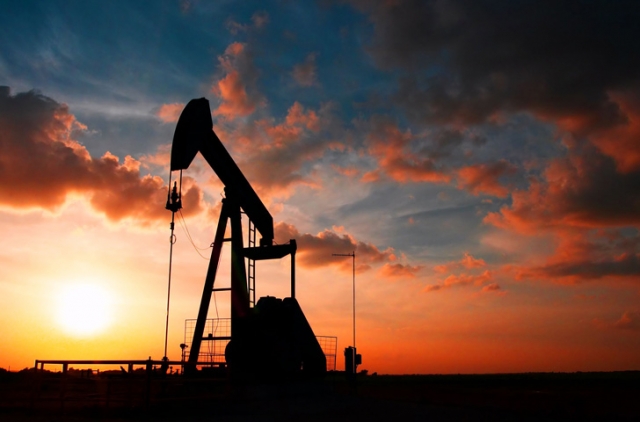Oil and gas sector losing confidence in Alberta as a place to invest
The Alberta government’s energy policy changes have contributed to a plunge in investor confidence, according to the annual global survey of petroleum sector executives released today by the Fraser Institute, an independent, non-partisan, Canadian public policy think-tank.
The 2015 Global Petroleum Survey rates 126 jurisdictions around the world based on their barriers to investment (ie: high taxes, costly regulatory obligations and uncertainty over environmental regulations) and on the volume of oil and gas reserves.
“Since the 2015 provincial election in Alberta, the new government has implemented a number of oil and gas sector policies that may deter investment and hinder the economy” said Kenneth Green, senior director of the Fraser Institute’s Centre for Natural Resources and co-author of a special bulletin examining the survey’s results for Alberta, Investor Perceptions of Alberta’s Oil and Gas Policy Changes.
“Initiatives such as an increase to the corporate income tax, changes to environmental policies and a review of the province’s energy royalties add additional costs and uncertainty to an oil and gas industry already hampered by declining prices.”
Of the 14 jurisdictions with large petroleum reserves, the five that rank as most attractive for investment are Texas, United Arab Emirates, Alberta, Qatar, and Kuwait.
But, while Alberta still ranks high globally —primarily on the strength of its oil and gas reserves — the survey reveals that perceptions about Alberta are changing.
For example, on the 2015 Policy Perception Index — a comprehensive measure of only the extent to which policy deters oil and gas investment — Alberta ranked 38th overall (out of all 126 jurisdictions) compared to 16th in 2014.
And, on the specific question of ‘fiscal terms’ (including policies affecting royalty regimes) 39 per cent of survey respondents said the province’s fiscal terms were a deterrent to oil and gas investment. Only 14 per cent of those surveyed said the same thing in 2014.
“It’s clear that, in Alberta, the recent oil and gas policy changes have helped to form an economic environment fraught with uncertainty and risk,” Green said.
The survey report also ranks Canadian provinces — again, ignoring proven oil and gas reserves and focusing solely on survey responses.
In this format, Saskatchewan ranks first in Canada (and eighth out of 126 jurisdictions worldwide). Manitoba ranks second in Canada (and 10th globally), followed by Newfoundland and Labrador (26th globally).
Meanwhile, British Columbia — with its vast natural gas reserves — improved its score jumping to 50th in the 2015 global rankings from 60th spot in 2014, thanks in-part to improved perceptions of BC’s policy environment.
“The negative shifts for Alberta may not bode well given that its immediate geographic competitors, remain attractive jurisdictions for investment or are improving,” said Taylor Jackson, policy analyst at the Fraser Institute.
On the other end of the spectrum, petroleum executives believe Quebec is the province that presents the greatest barriers to oil and gas investment in Canada — that province finished 119th in the survey.
The full 2015 Global Petroleum Survey and Investor Perceptions of Alberta’s Oil and Gas Policy Changes are available at www.fraserinstitute.org.


























